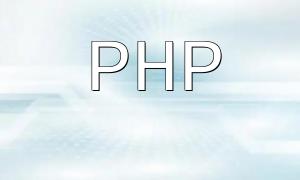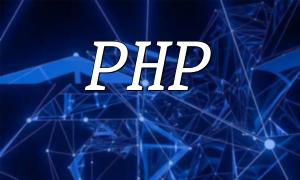Application of PHP Frameworks in the Financial Sector and Compliance Requirements
With the development of fintech, PHP frameworks have been widely adopted in the financial industry. They provide developers with a robust foundation, making financial application development more efficient and secure. However, in a regulated financial environment, developers must fully understand how regulations and compliance requirements influence their technology choices.
Regulatory Considerations
Financial institutions face strict requirements regarding data privacy, security, and compliance. PHP frameworks should meet the following key regulatory standards:
- General Data Protection Regulation (GDPR): Requires proper protection of personal data, including storage, processing, and prevention of data breaches. Frameworks should offer data encryption, access control, and security measures.
- Payment Card Industry Data Security Standard (PCI DSS): Covers the secure handling, storage, and transmission of credit card data. Frameworks should provide secure payment gateway integration and PCI compliance features.
- Anti-Money Laundering and Know Your Customer (AML/KYC): Financial institutions must take steps to prevent money laundering and terrorist financing. Frameworks should support customer identity verification, transaction monitoring, and compliance reporting.
Practical Example
Using the Laravel framework as an example, it demonstrates how PHP frameworks can implement regulatory compliance in financial applications:
- Data encryption and access control
- Secure payment gateway integration
- Robust fraud detection mechanisms
- Customer verification and transaction monitoring that comply with AML/KYC requirements
Choosing the Right Framework
When selecting a PHP framework for financial application development, consider the following:
- Regulatory Compliance: Ensure the framework meets industry standards for data privacy and security.
- Performance and Scalability: Financial applications often involve high transaction volumes and complex calculations; choosing a high-performance and scalable framework is essential.
- Community Support: Frameworks with active communities and comprehensive documentation provide ongoing support and shared expertise for developers.
Conclusion
By thoroughly understanding the regulatory environment, developers can leverage PHP frameworks to build secure, compliant, and efficient financial applications. Frameworks like Laravel simplify the development process with built-in security and compliance features, allowing developers to focus on business logic and innovation.









